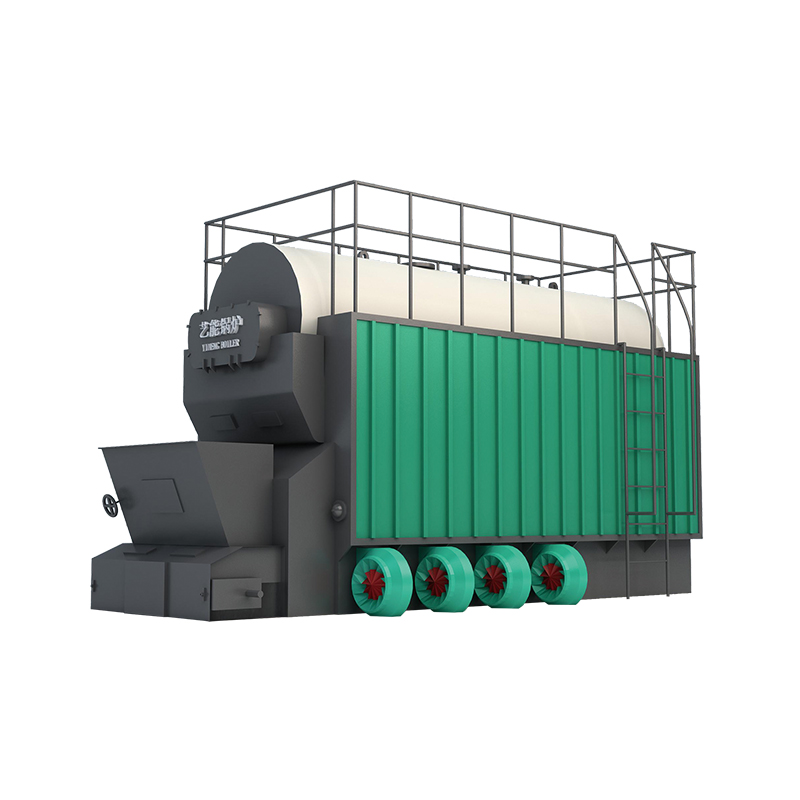industrial boiler mact company
Understanding the Industrial Boiler MACT Regulations and Their Impact on Companies
In the landscape of industrial manufacturing and energy production, the role of boilers cannot be overstated. They are crucial for generating steam and heat, powering complex processes, and maintaining thermal efficiency. However, with growing environmental concerns, regulations governing emissions from industrial boilers have become increasingly stringent. One such regulatory framework is the National Emission Standards for Hazardous Air Pollutants (NESHAP) for Industrial, Commercial, and Institutional Boilers and Process Heaters, often referred to as the Industrial Boiler Maximum Achievable Control Technology (MACT) standards.
What is Industrial Boiler MACT?
The Industrial Boiler MACT is part of a broader regulatory effort from the U.S. Environmental Protection Agency (EPA) to reduce hazardous air pollutants emitted from various sources. These regulations set emission limits for specific hazardous air pollutants (HAPs), which include substances like mercury, volatile organic compounds (VOCs), and particulate matter. The primary objective of these standards is to protect public health and the environment by ensuring that industrial boilers operate at the highest achievable level of emission control.
The MACT standards require companies to evaluate their emissions and adopt technologies or practices that meet the defined benchmarks. These regulations are particularly pertinent to industries that utilize large boilers, such as manufacturing, power generation, and food processing, where emissions can significantly impact air quality.
Key Requirements of the MACT Standards
Under the MACT regulations, industrial boiler operators must comply with a number of requirements
1. Emission Limits The MACT standards specify allowable limits for various hazardous pollutants. Companies must monitor their emissions and ensure they do not exceed these limits.
2. Performance Testing Facilities must conduct initial and periodic performance tests to establish compliance with emission limits. This requires the use of approved testing methods and may involve third-party verification.
industrial boiler mact company

3. Recordkeeping and Reporting Companies are required to maintain accurate records of emissions, performance tests, and operational parameters. Regular reporting to the EPA is also mandated, ensuring transparency and accountability.
4. Control Technology The regulations may require the installation of specific control technologies, such as scrubbers, baghouses, or fabric filters, to reduce emissions effectively.
5. Training and Operations Fall under compliance is often tied to ensuring that personnel are adequately trained and that operational practices are optimized to minimize emissions.
Impact on Companies
The implementation of Industrial Boiler MACT standards presents both challenges and opportunities for companies. On the one hand, compliance can incur significant costs. Companies may need to invest in new technologies, conduct regular emissions testing, and hire additional staff for monitoring and compliance activities. These expenses can be particularly burdensome for small and medium-sized enterprises that may lack the financial resources to meet stringent requirements.
On the other hand, adhering to these regulations can foster innovation and efficiency within organizations. By investing in modern, cleaner technologies, companies can not only ensure compliance but also enhance their operational efficiency, potentially reducing fuel costs and waste generation in the long run. Furthermore, as consumer demand shifts towards sustainable and eco-friendly practices, companies that proactively comply with environmental regulations can bolster their market position and brand reputation.
Conclusion
The Industrial Boiler MACT regulations represent a critical effort to curb hazardous emissions from industrial operations. While the regulations impose certain operational burdens on companies, they also present an opportunity to embrace technological advancements that promote energy efficiency and sustainability. For businesses in industries reliant on boiler systems, understanding and complying with these standards is not just a regulatory obligation but also a step towards securing a more sustainable future. As environmental concerns continue to escalate globally, companies that adopt proactive measures to reduce their emissions will likely find themselves well-positioned for success in an increasingly eco-conscious marketplace.
-
Industrial Steam Boiler Corporation - Reliable Industrial Boiler Manufacturer & SupplierNewsJul.08,2025
-
High-Efficiency Steam Boiler Heat Exchanger Supplier & Factory Durable Products for IndustryNewsJul.08,2025
-
Premium Electric Steam Boiler Manufacturer Reliable Company & Factory SolutionsNewsJul.08,2025
-
Commercial Hot Water Boiler - Reliable Supplier & Factory Direct Price for Efficient Heating SolutionsNewsJul.07,2025
-
Top Hot Oil Boiler Manufacturer - Reliable Thermal Oil & Coal Fired Boiler Manufacturer ManufacturerNewsJul.07,2025
-
High-Efficiency Hotel Hot Water Boiler – Leading Exporters & Quotes for HotelsNewsJul.07,2025

